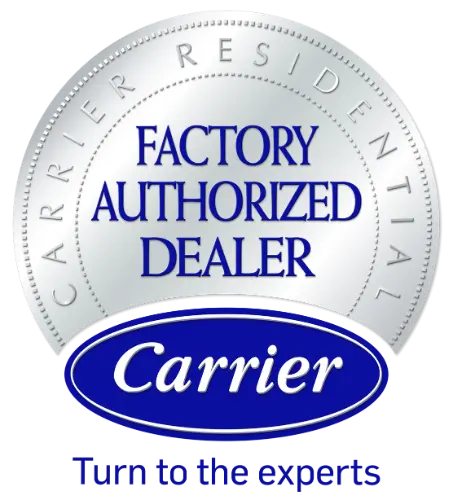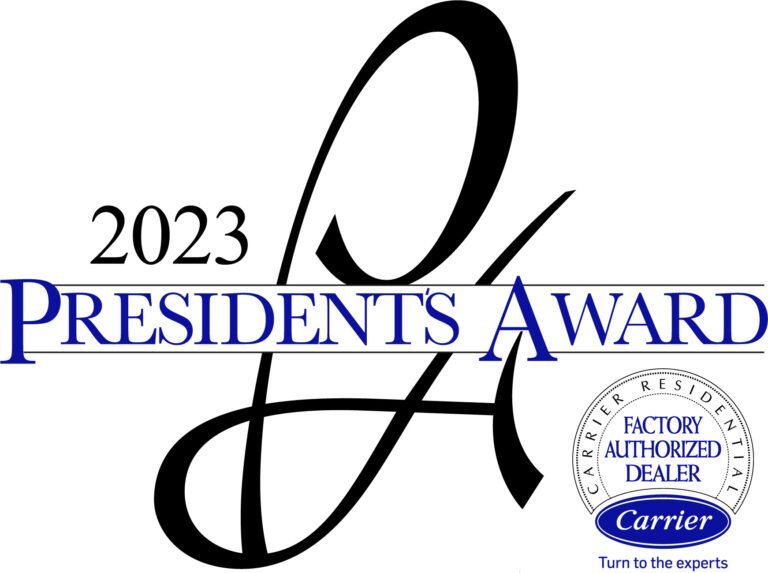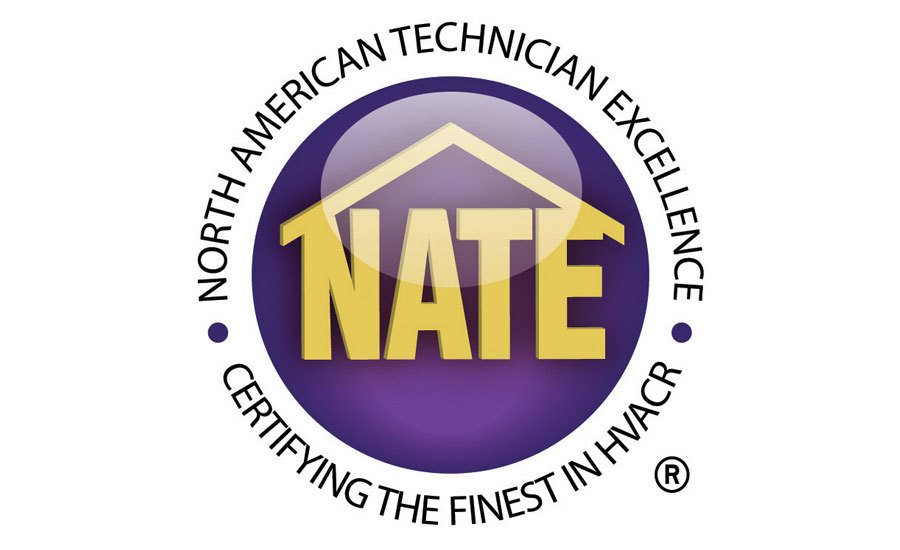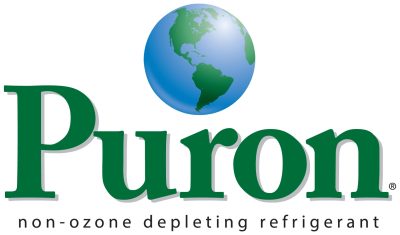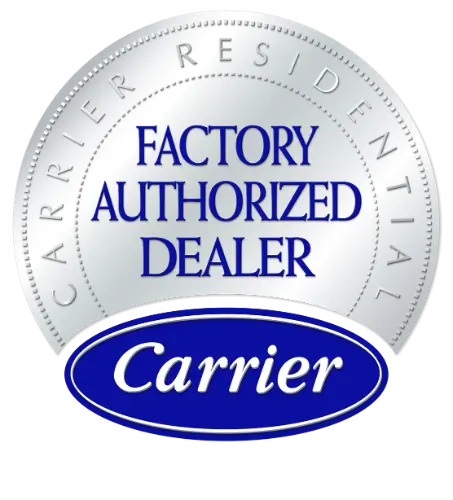Oct
6
2023
Can a Dehumidifier Help Improve Your Home's Comfort This Winter?
Can a Dehumidifier Help to Improve Your Home’s Comfort This Winter? Since winter in Eatonton often brings with it dry skin and chapped lips, it’s hard to imagine needing less humidity in your life. However, when it comes to your home, a dehumidifier may make sense even when the temperature outside is cold enough for … ContinuedUncategorized
Oct
6
2023
5 Common Reasons Why Your Furnace Will Not Stay On A furnace plays a critical role in keeping the indoor temperature of your indoor environment at a comfortable level. It works by blowing heated air via ducts that deliver warm air to different parts of your home. However, your furnace may experience issues like refusing … Continued
Uncategorized
Oct
6
2023
Top Reasons Why Your Commercial HVAC Smells Bad Imagine walking into your office or business and being hit with an unpleasant smell. You look around to see the source of the stench, and you realize it’s coming from your commercial HVAC system. If you’ve ever experienced this, you know how bothersome it can be. The … Continued
Uncategorized
Oct
6
2023
Is It Safe to Power Wash an AC Unit? Here’s What You Need to Know An air conditioning unit is one of the most valuable appliances in your home, so it’s important to keep it well-maintained to ensure that it lasts for years to come. Many homeowners are eager to clean their AC units, but … Continued
Uncategorized
Oct
6
2023
How to Permanently Remove Mold From Your Home Mold is a type of fungus that grows in damp, dark areas. It can cause serious respiratory problems and is difficult to remove. If you suspect mold in your home, take action immediately. Identify the Source Mold typically grows in damp and dark areas, such as basements, … Continued
Uncategorized
Oct
6
2023
Relevance of Static Pressure in HVAC Static pressure is not a common topic among residents when considering HVAC issues. However, you must understand this concept as it affects your energy bills, the lifespan of your system, and impacts your home’s comfort. In this post, we’ll discuss everything you need to know about static pressure. What … Continued
Uncategorized
Oct
6
2023
Is Closing Air Vents the Right Way to Reduce Home Energy Costs?
Is Closing Air Vents the Right Way to Reduce Home Energy Costs? Closing off the upstairs air vents in your Eatonton home is certainly one way to prevent heated or cooled air from flowing into these areas. However, it’s hardly an ideal strategy for saving cash. Selective air vent closures will produce limited, short-term savings … ContinuedUncategorized
Oct
6
2023
Will Opening Windows as I Sleep Help Me Save Energy? Sleeping with your windows open might seem like an excellent opportunity to enjoy the fresh air and save money on cooling your home. Although many individuals are sold on this idea, it couldn’t be further away from the truth. Yes, there are some benefits associated … Continued
Uncategorized
Oct
6
2023
Tips for Evaluating Your New Home’s Heating and Cooling Moving into a new home allows you to enjoy enhanced comfort, privacy and peace of mind. One of the most important parts of your new home is its heating and cooling system. Use these three tips to assess your new home’s heating and cooling equipment so … Continued
Uncategorized
Oct
6
2023
How Can You Fix Uneven Heating in Your Home? When some rooms are warmer than others, you have uneven heating, which shouldn’t be happening. Your heating system may need an air filter change, repair or replacement. Replace the Air Filter You could try replacing the air filter to see if that fixes your problem. Clogged … Continued
Uncategorized
